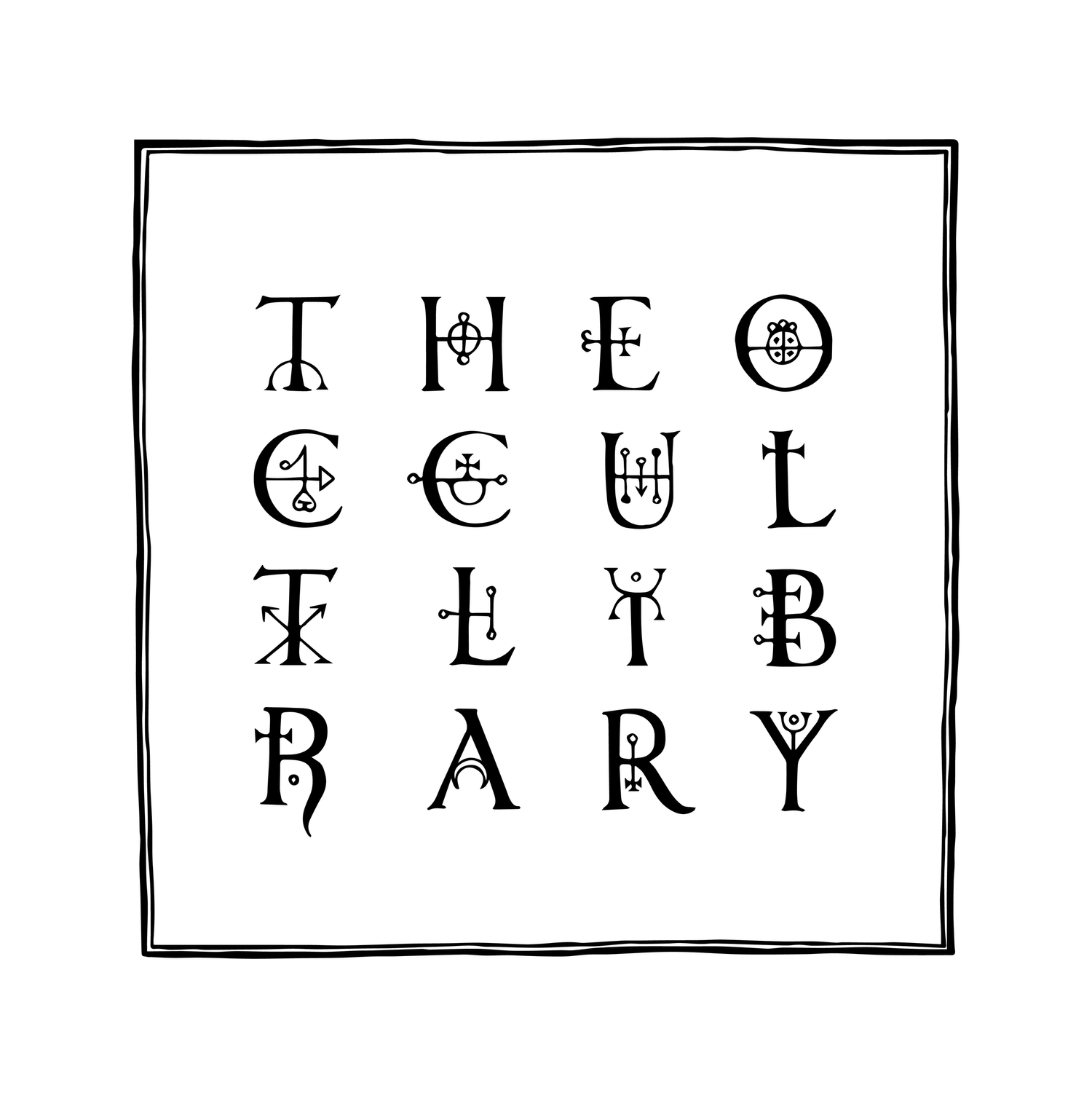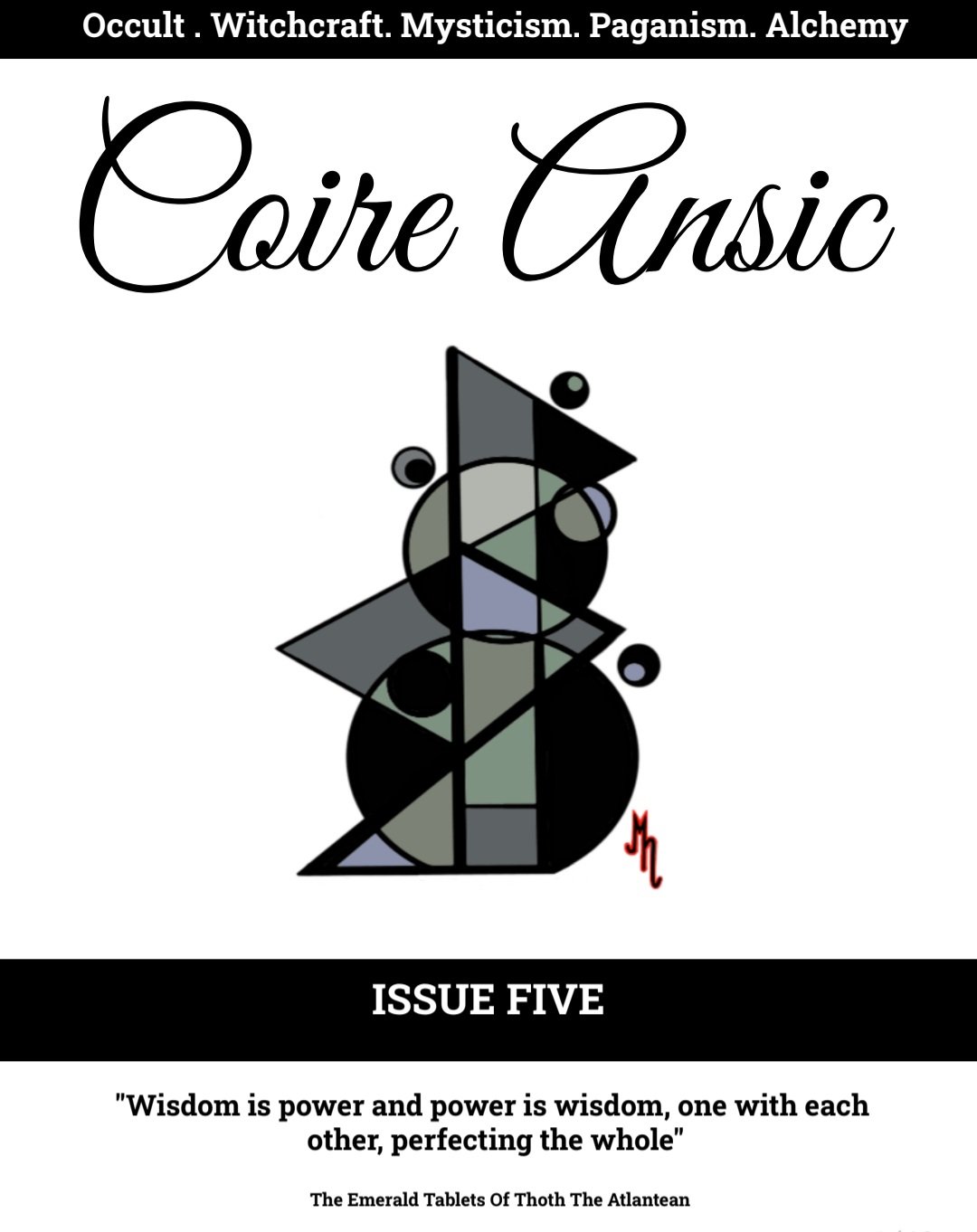Gabriel McCaughry
Gabriel McCaughry is the Hermit and the Fool behind Anathema Publishing.
More specifically, as the founder, main editor, and contributing writer to Anathema's yearly occult periodical PILLARS, Gabriel has fully overseen the creation and publishing of several well-respected esoteric titles including Shani Oates' The Devil's Supper, The Hanged God, etc., and P.T. Mistlberger's The Dancing Sorcerer, Jose Gabriel Alegría Sabogal’s IAO: Ophite Iconography (among others). In addition to his work with Anathema, Gabriel's writing and illustrations have been featured in other works including: Ixaxaar’s Clavicula Nox, Aeon Sophia Press' The Thirteenth Path, Patrick J. Larabee’s Whisperings from the Void, Trapart's The Mega Golem, and Yoann Lossel's Forgotten Gods.
A pilgrim in the Mystery Tradition, Gabriel is deeply fascinated with all subjects relating to Alchemy, Hermeticism, Gnosticism, Theological Exegeses, Non-Dualism, View and systems of Esoteric Buddhism, and the Nameless Arte of Traditional Craft. His personal approach and devotional practice stem from a profound love for, and communion with, The Omni-Cipher's ownmost radiance and myriad manifestations; infinite wonderments of the Pleroma.
His first book, (h)Auroræ, is somewhat of an invitation for the attentive reader to explore, ponder, and puzzle over; it offers the fundamental keys and processes of Alchemical Self-Transmutation – still all too relevant today as a tool for developing mental individuation and spiritual apotheosis. Stylistically, Gabriel usually prefers to work by poetic inference rather than forthright assertion.
Within (h)Auroræ, the Great Work seeks to describe mystical observations that are beyond mundane rationale, and certainly beyond the scope of common language and thought-patterns. However, since the Hólon is the Ineffable, absolutely indescribable, the text can only try to suggest nuances to the esoteric dialogue of the devoted pilgrim treading the Perennial Path of Return.
There is an interplay of polysemic thoughts and counter-intuitive terminologies explored in Gabriel’s writing, which shines brightest in the questions it raises, rather than the answers the mind tries to grasp (or wishes to impose upon the reader). (h)Auroræ is thus a vehicle meant to inspire, to help embrace the many alchemical nodes of transformation, and to calcine the whole experience into the reader’s very own crucible.



